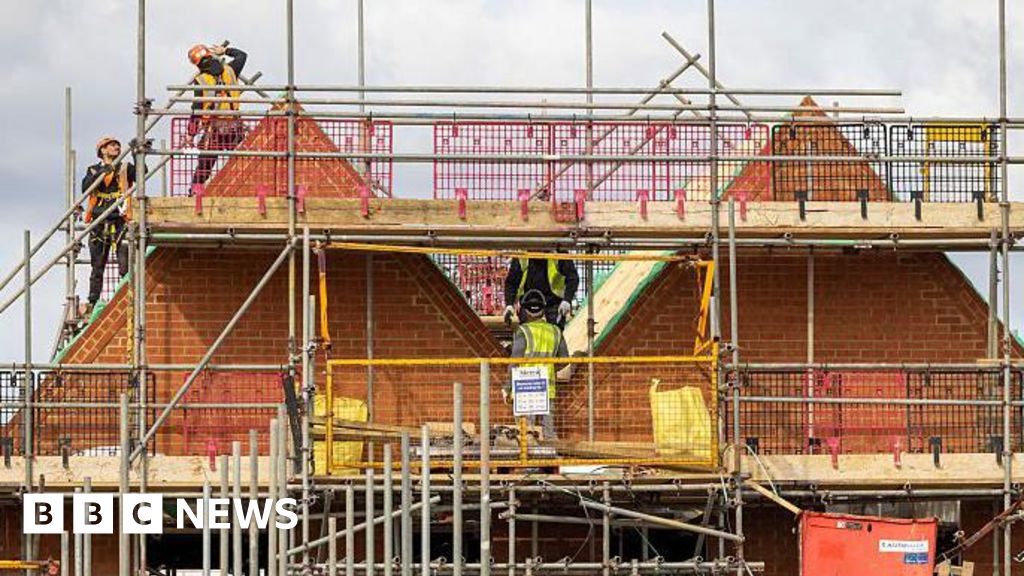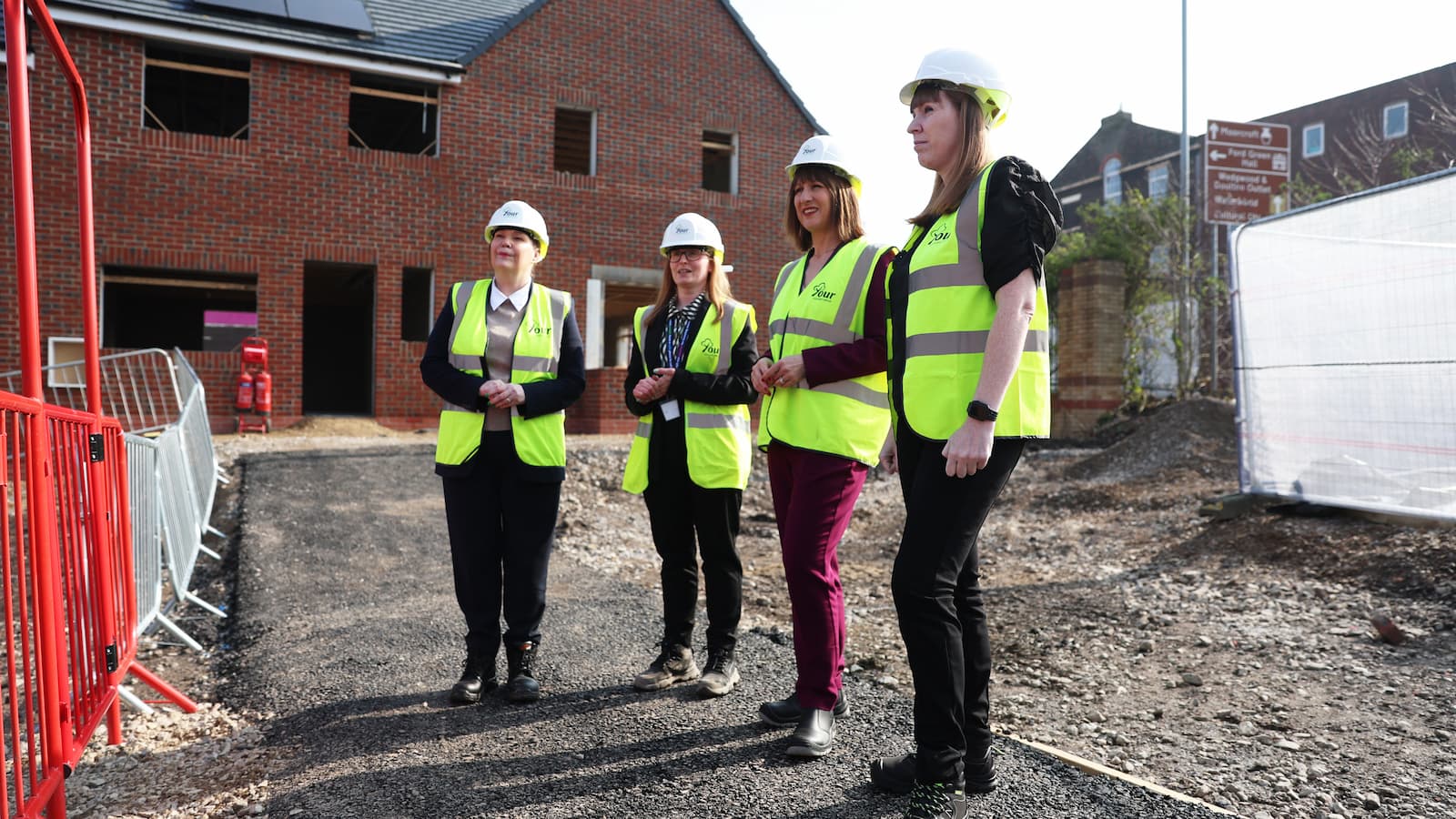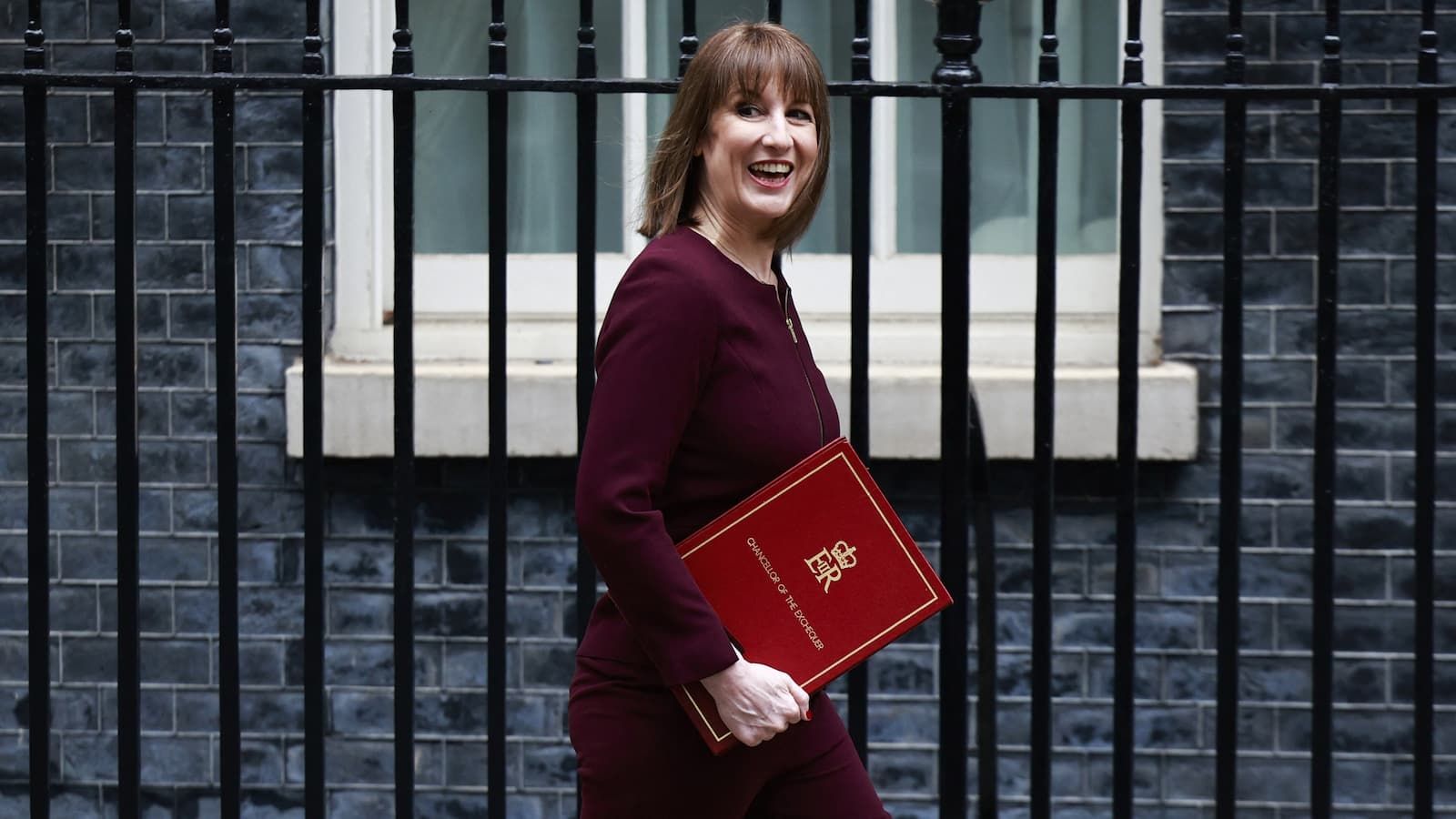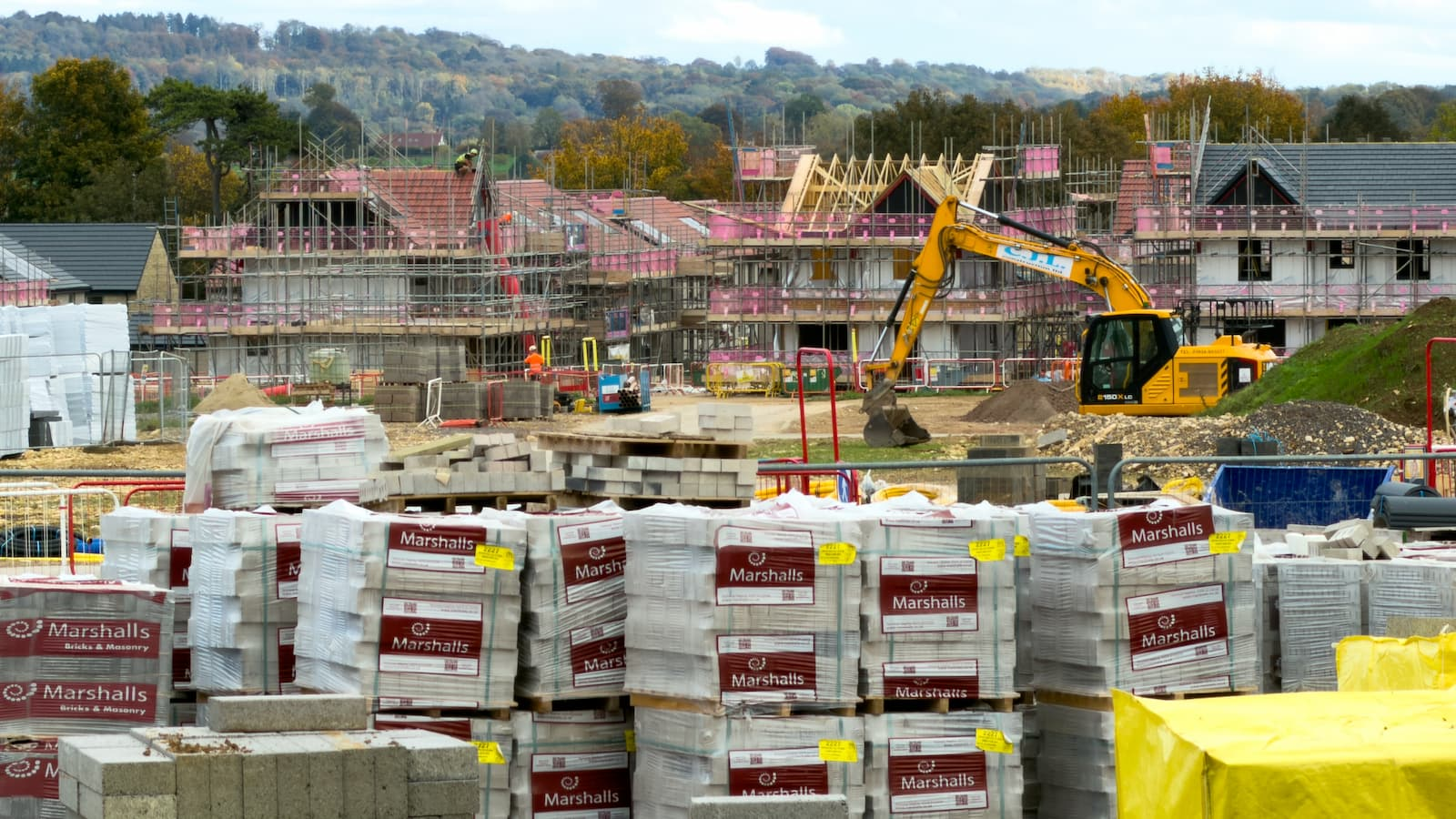fromwww.bbc.com
2 months agoSports stars fear disappearance of playing fields amid reforms
"Playing fields are irreplaceable - and Sport England's statutory consultee role is an important line of defence. "Weakening this protection risks accelerating the loss of the very spaces that make grassroots sportand physical activity possible, at a time when participation is growing and demand has never been higher." Sport England declined to comment, but this month said it protected more than a thousand playing fields across the country last year.
UK news












